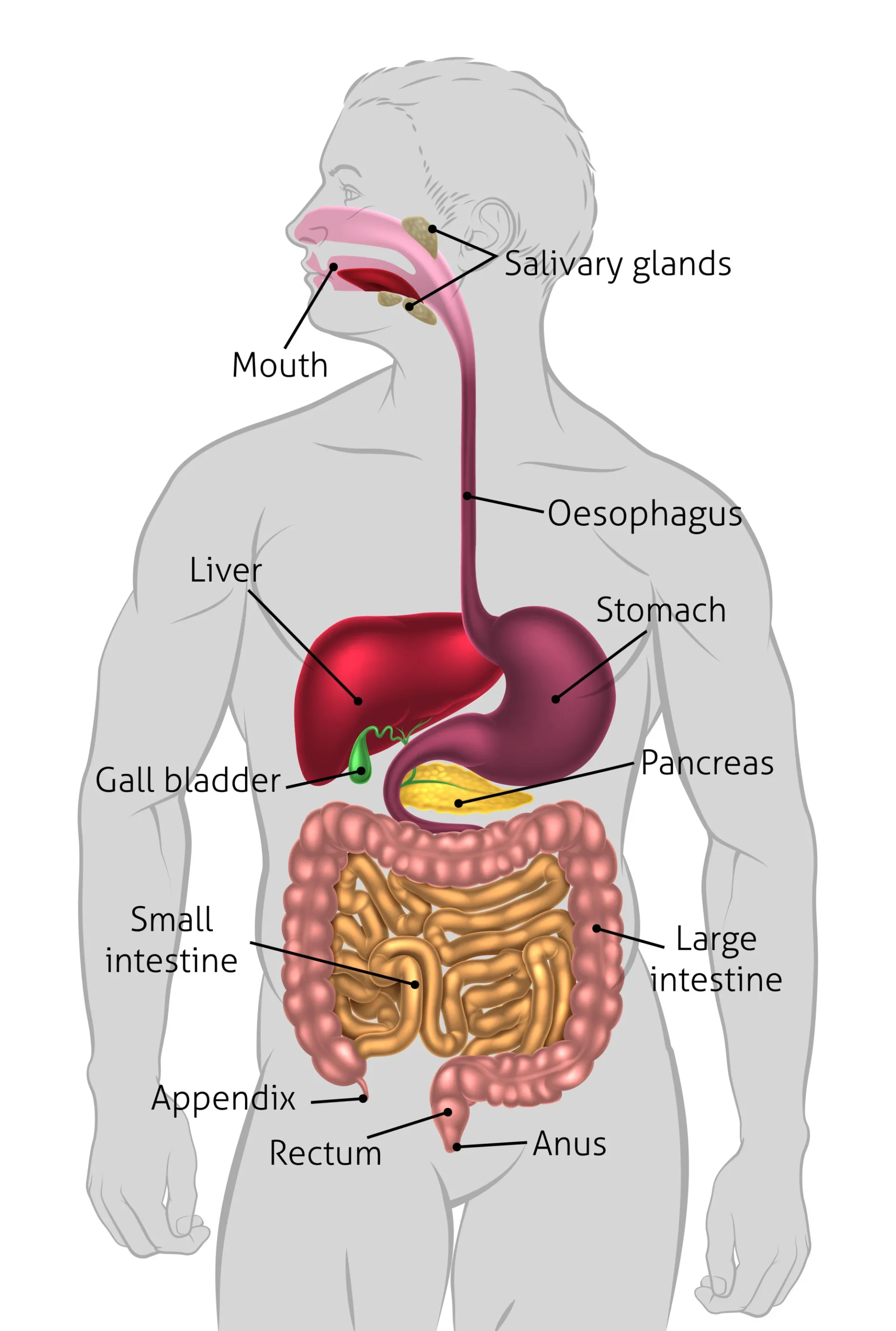For many patients, a stomach cancer diagnosis comes as a shock. Severe symptoms like vomiting blood, passing bloody or very black stools, or experiencing severe abdominal pain often indicate advanced stages of the disease. However, common but seemingly benign symptoms, such as unusual hunger pangs, indigestion, or fatigue, can signal the early stages of this slow-developing cancer.
A 55-year-old doctor from Nebraska was diagnosed with stage 2 stomach cancer after experiencing unusual hunger pangs. Another patient, a 62-year-old architect from Nevada, developed a persistent hiccup and was later found to have a stage 3 tumor. Stomach cancer, or gastric cancer, arises from uncontrolled cell growth in the stomach lining and can take years to develop. It can spread to surrounding lymph nodes, the peritoneum, or the liver.
Dr. Simon Wong Kin-hung, a specialist in general surgery, explains that stomach cancer usually refers to changes in the stomach mucosa. Tumors can be classified based on their location: cardiac stomach cancer occurs at the top of the stomach near the esophagus, while non-cardiac stomach cancer occurs in other parts of the stomach. Risk factors for cardiac stomach cancer include reflux disease and obesity, while the bacterium Helicobacter pylori (H. pylori) is a major risk factor for non-cardiac stomach cancer.
H. pylori, a class 1 carcinogen, is estimated to affect 4.4 billion people worldwide and is responsible for about 40% of non-cardiac stomach cancers in the UK. Other causes include pernicious anemia, atrophic gastritis, smoking, alcohol consumption, and eating preserved foods high in nitrites. Processed meats like cured sausages and bacon are also significant risk factors.
While some risk factors are modifiable, such as smoking and diet, others, like genetics and age, are not. Stomach cancer is the fifth most common cancer globally, with higher incidence rates in East Asia. Early symptoms are often non-specific, making early detection challenging. Common signs include bloating, discomfort, poor appetite, weight loss, and dysphagia.
Dr. Wong emphasizes that an endoscopy with a biopsy is the gold standard for diagnosis. Endoscopic ultrasound helps determine the cancer’s stage, and a new screening test can detect micro-RNA of tumors in blood samples. Treatment options depend on the cancer’s location and stage and may include surgery, radiation, chemotherapy, targeted therapy, and immunotherapy.
Recent research suggests that heating chemotherapy drugs and administering them directly into the abdominal cavity can improve outcomes. For stage 4 gastric cancer patients, this approach has shown promising results, with over half of the patients surviving three years post-surgery.
While stomach cancer rates are declining in some regions, they are rising in East Asia, particularly among those under 50. Factors such as alcohol and tobacco use, physical inactivity, obesity, and diets high in ultra-processed foods contribute to this trend. Adopting healthier lifestyle choices can significantly impact gut health and reduce the risk of stomach cancer.
READ MORE:
